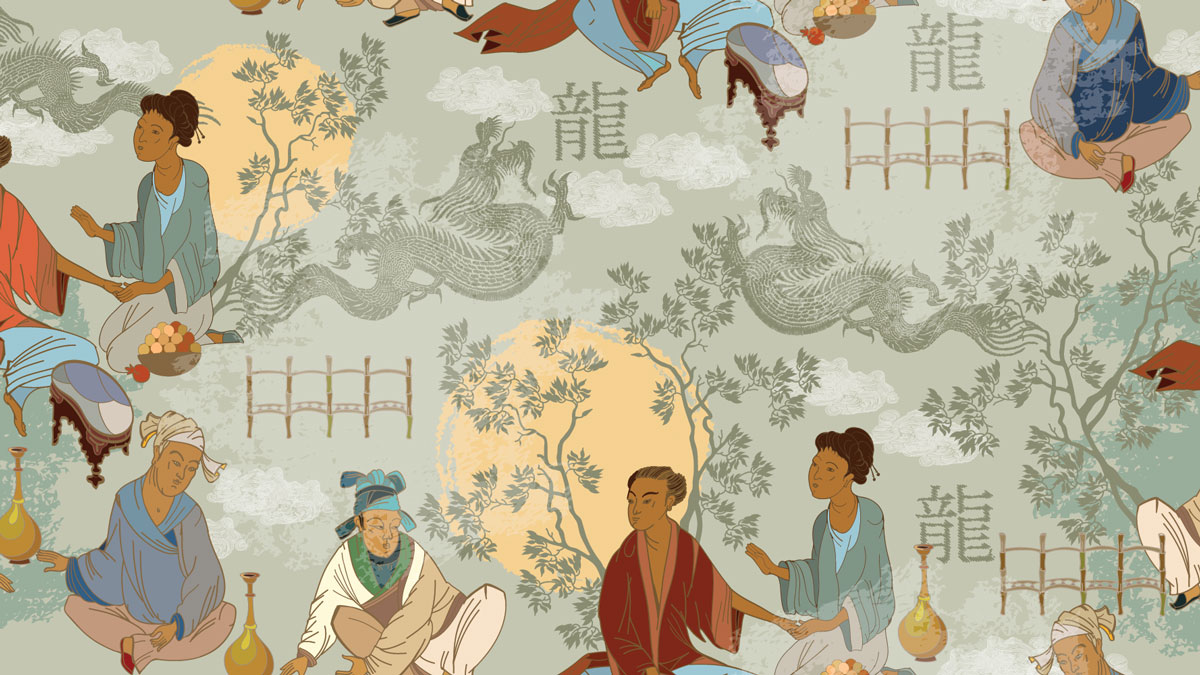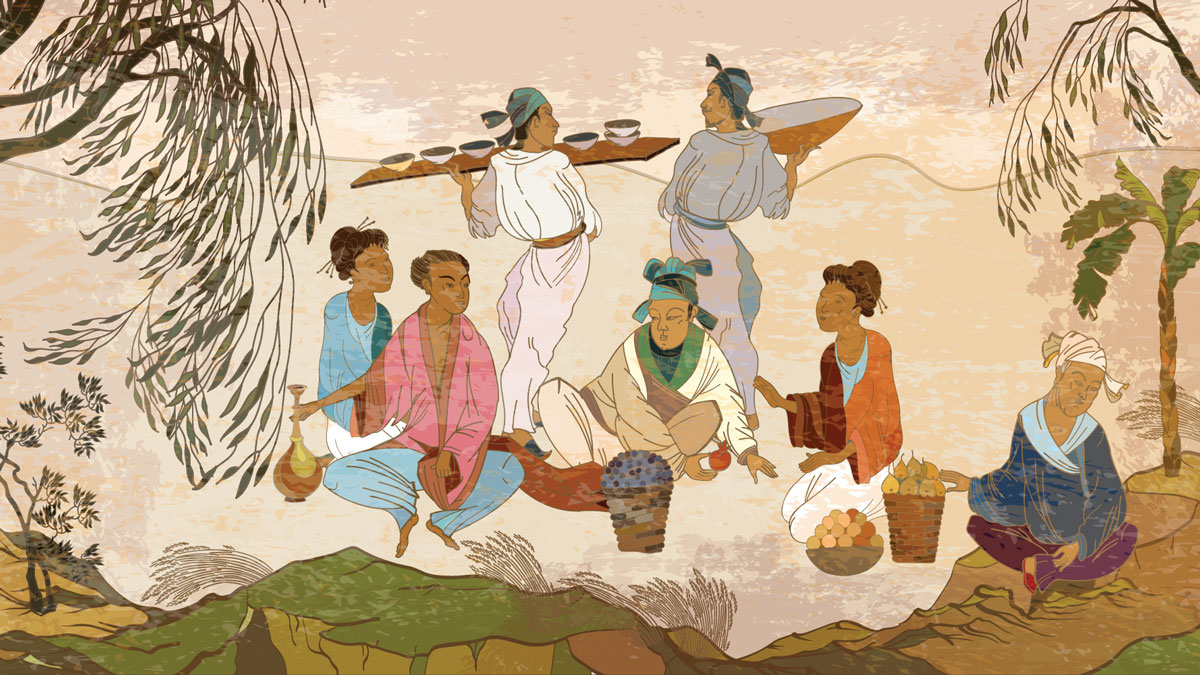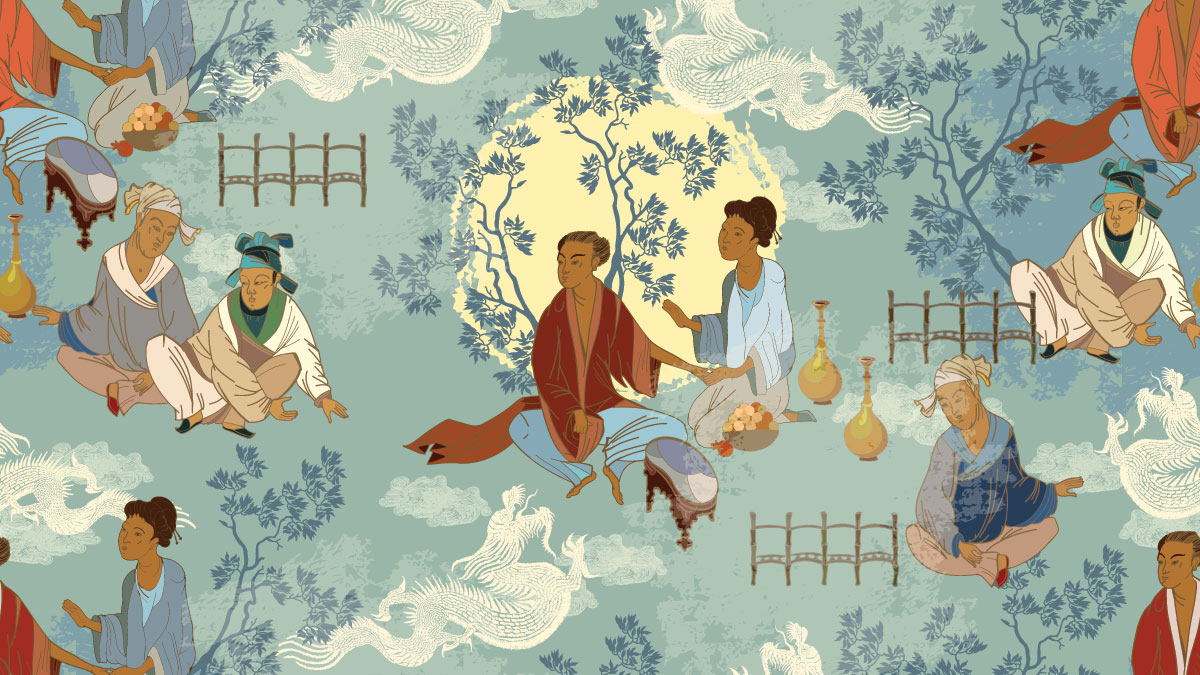Dr. Edward Neal, MD, MSOM
Director, The Apricot Grove
Principal Instructor, Neijing Nature-Based Medicine
Primary Researcher and Translator, The Apricot Grove
A Bridge Between Ancient Wisdom and Modern Practice
Dr. Edward Neal is a renowned expert in Classical Text Archaeology and the visionary behind Neijing Nature-Based Medicine (NNBM). With decades of experience studying and practicing Chinese medicine, Dr. Neal offers a unique approach that integrates the profound wisdom of the Huangdi Neijing with the realities of modern clinical practice. He is passionate about empowering practitioners to unlock the full potential of Chinese medicine and achieve transformative results for their patients.
More About Dr. Neal
- Graduated with honors from the University of New Mexico School of Medicine
- Specialty training: Internal Medicine at the Oregon Health Sciences University
- Post–graduate studies: C.G. Jung Institute, Zurich, Switzerland.
- Studied extensively with Dr. Anita Cignolini of Milan, Italy.
- Chinese language studies: Portland State University and Heilongjiang University, China.
- Former Associate Professor: School of Classical Chinese Medicine at the National University of Natural Medicine. During his tenure, Dr. Neal taught a variety of subjects, including classical text translation, advanced topics in classical channel theory, Chinese medical diagnostics, integrative Chinese and Western medical diagnostic theory, classical case studies, and medical ethics.
- Visiting scholar in East Asian medicine: University of California San Diego School of Medicine.
- Consultant to the World Health Organization in Geneva, Switzerland, on issues of traditional medicine.
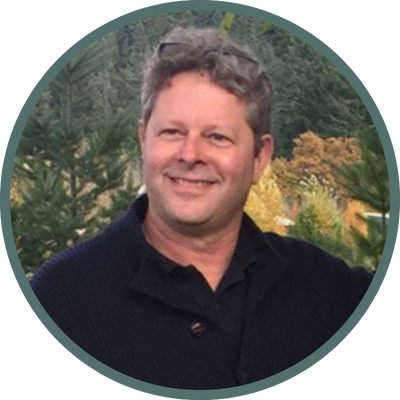
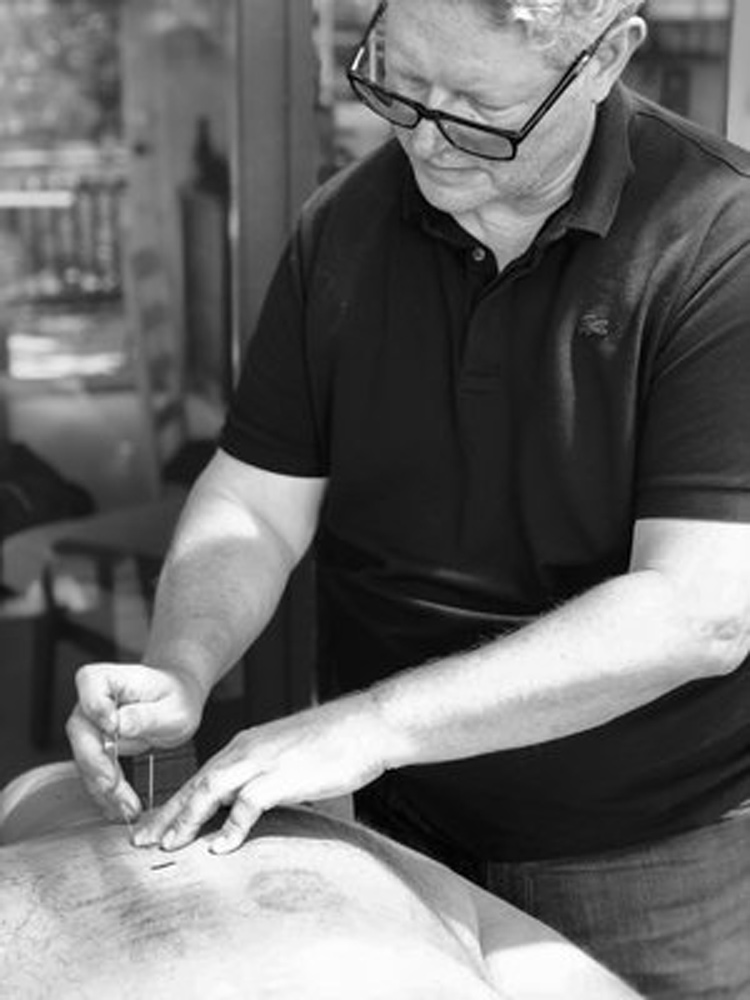
Dr. Edward Neal, MD, MSOM
As a young physician, Dr. Neal became fascinated by a very simple question: Why do some patients get better while others do not?
At first glance, this question seems deceptively easy: most patients do not get better because current therapies do not yet meet their needs. Yet, he also suspected that something else might be at work, that our limitations might also arise from telling the wrong stories, or by making basic mistakes in perceiving the world, and not from technical factors alone.
Sensing that answers might be found in traditional medical practices, he began the study of East Asian medicine. His first experiences came through physician acupuncture courses. He then studied extensively with Dr. Anita Cignolini of Milan, Italy, where he was taught the importance of the medical classics. He returned to university to study Chinese languages and began his lifelong study of the Huangdi Neijing, the primary source text of Chinese medicine.
As he began his research, early Chinese texts were being cataloged in databases. This allowed for a novel approach to classical text research based on reinvestigations of basic character and text meaning.
For the past two decades, Dr. Neal has used these techniques to reconstitute the essential meaning of these remarkable writings. As a physician educated in both Western and Chinese medicine, Dr. Neal is widely acclaimed as a global expert in early Chinese medical texts. He has special proficiency in using these ancient practices in the aid of those with complex and serious health issues. Working in this capacity, he has acted as a consultant to the World Health Organization and as a Visiting Scholar in East Asian Medicine at the University of San Diego Medical School.
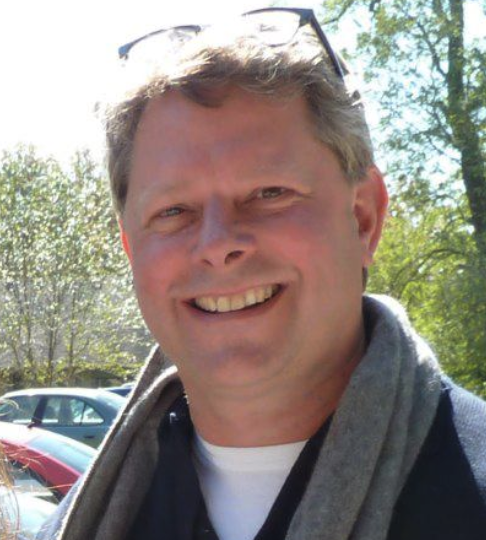
More About Dr. Neal
- Graduated with honors from the University of New Mexico School of Medicine.
- Completed specialty training in Internal Medicine at the Oregon Health Sciences University in Portland, Oregon.
- Post–graduate studies at the C.G. Jung Institute, Zurich, Switzerland.
- Began studying East Asian medicine in the early 1990s.
- Studied extensively with Dr. Anita Cignolini of Milan, Italy.
- Studied Chinese languages at Portland State University in Portland, Oregon, and Heilongjiang University in Harbin, China.
- Graduated from the School of Classical Chinese Medicine at the National University of Natural Medicine in Portland, Oregon, where he also taught for six years as an Associate Professor.
- During his tenure, Dr. Neal taught a variety of subjects, including classical text translation, advanced topics in classical channel theory, Chinese medical diagnostics, integrative Chinese and Western medical diagnostic theory, classical case studies, and medical ethics.
- Served as a visiting scholar in East Asian medicine at the University of California San Diego School of Medicine.
- Consultant to the World Health Organization in Geneva, Switzerland, on issues of traditional medicine.
- Medical Director of the Apricot Grove Project.

Dr. Edward Neal, MD, MSOM
As a young physician, Dr. Neal became fascinated by a very simple question: Why do some patients get better while others do not?
 At first glance, this question seems deceptively easy: most patients do not get better because current therapies do not yet meet their needs. Yet, he also suspected that something else might be at work, that our limitations might also arise from telling the wrong stories, or by making basic mistakes in perceiving the world, and not from technical factors alone.
At first glance, this question seems deceptively easy: most patients do not get better because current therapies do not yet meet their needs. Yet, he also suspected that something else might be at work, that our limitations might also arise from telling the wrong stories, or by making basic mistakes in perceiving the world, and not from technical factors alone.
Sensing that answers might be found in traditional medical practices, he began the study of East Asian medicine. His first experiences came through physician acupuncture courses. He then studied extensively with Dr. Anita Cignolini of Milan, Italy, where he was taught the importance of the medical classics. He returned to university to study Chinese languages and began his lifelong study of the Huangdi Neijing, the primary source text of Chinese medicine.
As he began his research, early Chinese texts were being cataloged in databases. This allowed for a novel approach to classical text research based on reinvestigations of basic character and text meaning.
For the past two decades, Dr. Neal has used these techniques to reconstitute the essential meaning of these remarkable writings. As a physician educated in both Western and Chinese medicine, Dr. Neal is widely acclaimed as a global expert in early Chinese medical texts. He has special proficiency in using these ancient practices in the aid of those with complex and serious health issues. Working in this capacity, he has acted as a consultant to the World Health Organization and as a Visiting Scholar in East Asian Medicine at the University of San Diego Medical School.
 More About Dr. Neal
More About Dr. Neal
- Graduated with honors from the University of New Mexico School of Medicine.
- Completed specialty training in Internal Medicine at the Oregon Health Sciences University in Portland, Oregon.
- Post–graduate studies at the C.G. Jung Institute, Zurich, Switzerland.
- Began studying East Asian medicine in the early 1990s.
- Studied extensively with Dr. Anita Cignolini of Milan, Italy.
- Studied Chinese languages at Portland State University in Portland, Oregon, and Heilongjiang University in Harbin, China.
- Graduated from the School of Classical Chinese Medicine at the National University of Natural Medicine in Portland, Oregon, where he also taught for six years as an Associate Professor.
- During his tenure, Dr. Neal taught a variety of subjects, including classical text translation, advanced topics in classical channel theory, Chinese medical diagnostics, integrative Chinese and Western medical diagnostic theory, classical case studies, and medical ethics.
- Served as a visiting scholar in East Asian medicine at the University of California San Diego School of Medicine.
- Consultant to the World Health Organization in Geneva, Switzerland, on issues of traditional medicine.
- Medical Director of the Apricot Grove Project.
Cornerstone Content by Dr. Neal
“The sun shines not on us but in us. The rivers flow not past, but through us. Thrilling, tingling, vibrating every fiber and cell of the substance of our bodies, making them glide and sing. The trees wave and the flowers bloom in our bodies as well as our souls, and every bird song, wind song, and tremendous storm song of the rocks in the heart of the mountains is our song, our very own, and sings our love.”
―

